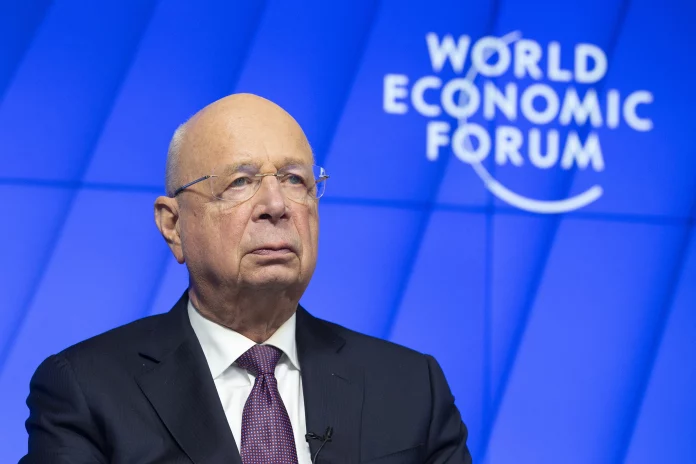 Last year I received a questionnaire from a local politician asking for what I considered the most important issues. So I put down stopping mass immigration and multiculturalism, I also put down stopping the teaching of ideology in schools. I actually received a reply, which mentioned my concerns about ideology in schools, but nothing on the other issues. I must admit that I was surprised to get a reply at all, particularly one that mentioned even in passing an issue that I had raised. I was not surprised that mass immigration or multiculturalism was not mentioned, I knew that.
Last year I received a questionnaire from a local politician asking for what I considered the most important issues. So I put down stopping mass immigration and multiculturalism, I also put down stopping the teaching of ideology in schools. I actually received a reply, which mentioned my concerns about ideology in schools, but nothing on the other issues. I must admit that I was surprised to get a reply at all, particularly one that mentioned even in passing an issue that I had raised. I was not surprised that mass immigration or multiculturalism was not mentioned, I knew that.
When it comes to politicians it doesn’t matter who you write to or speak to, they all give us the same generic answers to nearly all of our questions. They seem to think with one mind and that’s because they do. Think about your member of Parliament, if you go to their website you will see that their life experience looks remarkably similar.
1. Comfortable upbringing
2. University
3. Joining a political party while at university
4. Being recruited to work in an existing politician’s office
5. Being selected for political office
Rare indeed is it to see a politician who hasn’t followed these 5 steps. All politicians are selected, not by you, not by some local committee, but by the people who run the political parties. At each of those 5 stages the future politician is assessed. Assessed for what?
For the correct opinions, for the correct view of the world, for the ability to fit in to the party. Politicians seem like carbon copies of each other because that’s the way that they are selected.
But we see this phenomena all over, everywhere we go we seem to see people who are interchangeable, people without individual characteristics. Just like the politicians these people are recruited via a similar process. At each stage they are assessed for correct characteristics, the right attitudes and finally the right skills. Once it becomes accepted then you find that nearly every organisation recruits like this, ‘it’s the industry standard’. And of course it’s correct because everyone else is doing it.
The system thinks that recruiting people that think alike will protect it from harm. In the short term I think that is correct, but over time it will hollow out every organisation that uses it. When everyone thinks the same how do you think your way out of a problem that no one else can solve?
I think of long serving politicians, like Sir Robert Menzies or Margaret Thatcher, both successful and long serving politicians. Who when they left office, left behind very bad replacements. Because it was not in their interest to have strong capable people replace them. Which strikes me as a similar problem to recruiting a cohort of yes men and women. There is no value in training a better or a even competent replacement, they might destroy their career and if they do, what do they have to fall back on?
Like the rest of the Liberal system, this all continues until the money runs out.
Originally published at Upon Hope. You can find Mark’s Subscribestar here.










